#twentieth century history
Text
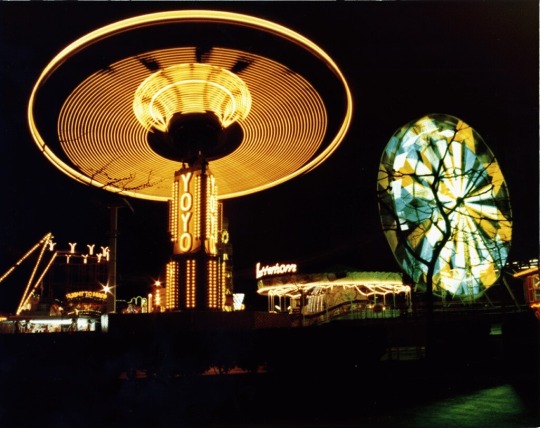

Seattle Center amusement rides
1970
#history#portrait#vintage#seattle#washington state#photography#color photography#amusement park#amusement rides#flight to mars#twentieth century history#1970
244 notes
·
View notes
Text

1972
#history#vintage#photography#portrait#art#book cover#design#illustration#literature#1970s#1972#writing#modernism#book#modern#modern poetry#pietry#twentieth century poetry#twentieth century history#twentieth century#dh lawrence#the complete poems of dh lawrence#english literature#europe#european literature
21 notes
·
View notes
Text
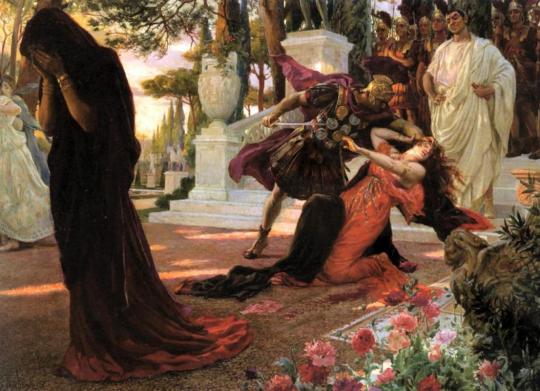
Georges Rochegrosse, The Death of Messalina, 1916
Image released into the public domain.
#georges rochegrosse#the dealth of messalina#art#art history#paintings#twentieth century art#art nouveau
151 notes
·
View notes
Text
Do you ever just, MARVEL over how the big three (USSR, UK, and USA) defeated a host of genocidal imperialist powers during WW2 and then just—in between British bankruptcy and decolonization, and early Cold War politics—shot it all to hell for the next century?
80 notes
·
View notes
Text
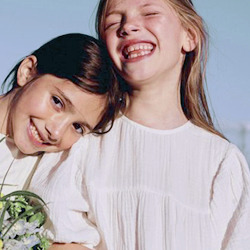
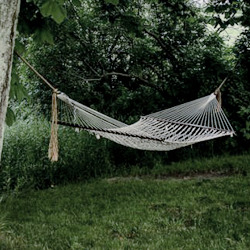
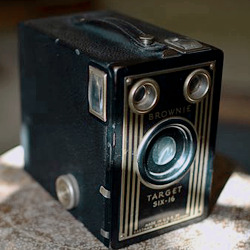


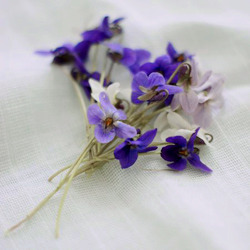



Grand Duchess Anastasia Nikolaevna Romanova
❈ “We swung on the swing; boy, did I laugh when I fell off so splendidly!” ◦ “I took this picture of myself looking at the mirror. It was very hard as my hands were trembling.” ◦ “Goodbye. Don’t forget me.” • Anastasia (various sources)
❈ “My favorite goddaughter was she indeed! I liked her fearlessness. She was a fearful tomboy. And what a bundle of mischief!” • Grand Duchess Olga Alexandrovna
❈ “Anastasia Nicolaevna was the originator of all mischief, and was as witty and amusing as she was lazy at her lessons. She was quick and observant, with a keen sense of humour, and was the only one of the sisters who never knew the meaning of shyness. Even as a baby she had entertained grave old men, who were her neighbors at table, with her astonishing remarks.” • Baroness Sophie Buxhoeveden
❈ “Her French accent was excellent, and she acted scenes from comedy with remarkable talent. ... Ingenuousness and utter simplicity were the most characteristic qualities of Anastasia Nicolaievna. She was the imp of the whole house, and the glummest faces would always brighten in her presence, for it was impossible to resist her jokes and nonsense. [S]he was aflame with life and animation.” • Pierre Gilliard
❈ “The youngest Grand Duchess might have been composed of quicksilver, instead of flesh and blood; she was most amusing, and she was a very clever mimic. She saw the humorous side of everything, and she was very fond of acting.” • Lili Dehn
#historicwomendaily#anastasia nikolaevna#historyedit#anastasia#anastasia romanov#romanov#otma#russian history#imperial russia#grand duchess anastasia nikolaevna#women's history#women in history#romanov dynasty#twentieth century#well I don't love it and it's late BUT. finally done!#a whole year later lol#now I might redo maria's bc it's my least fave
150 notes
·
View notes
Text

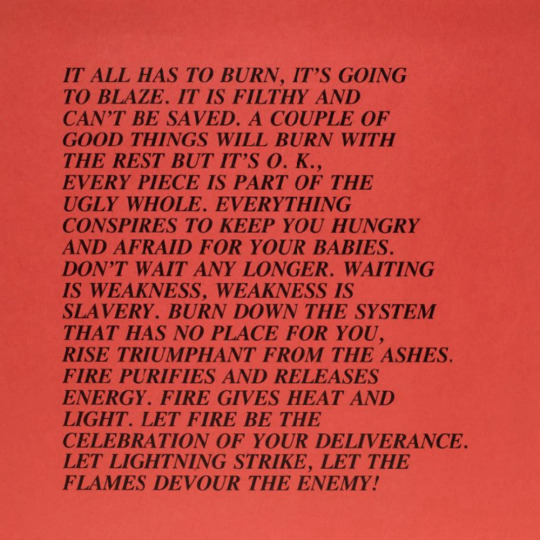
Jenny Holzer - Inflammatory Essays, 1979–1988.
91 notes
·
View notes
Text

Venanzo Crocetti, Mary of Magdala, 1980-81.
318 notes
·
View notes
Text

Obviously this is one of those paintings people have a lot of “OMG, they were comrades” snark about, but I actually love its tenderness unironically.
They are pale; the way white boys unused to being out of their clothing and this vulnerable with each other are, but there’s this innocence full of possibility to this.
Who are they going to be? Lovers? Fuckbuddies? Friends who are tender and vulnerable with each other?
I love to see portrayals of men and masc people with this kind of tenderness. I like the way you get to read yourself if the nudity is sexual or not, because it’s not exploitative. They are not positioned for the pleasure of the viewer, and you get to choose if they are going to be positioned for the pleasure of each other, or just for openness with each other.
It’s a thing I do actually quite love about some literature of this period; there *are* portrayals of tender masculinities like this out there. Tolkien is obviously the prime example most of us know about, but given I was that weird kid who devoured old books, I’ve come across more.
We are so used to only seeing masculinity portrayed as hard. And that hurts us all so much - men and people of marginalised genders, female and otherwise, alike.
For some reason I read this as very working class coded, and I genuinely don’t know why - obviously one of the great possibilities of nudity in art is the *removal* of class signifiers, so the viewer is *free* to read the portrayed in the way that makes sense to them. To me, this reads as two very young factory workers slipping away for a day together on the beach, with that guilty and delicious freedom you get when no one else knows where you are, with their dog.
I’m now looking to see if I can find paintings, or other artistic portrayals, of black young men with any similar tenderness and possibility.
I know they’ll very likely be a fuck of a lot later because this was painted right in the middle of the period when white society was incredibly invested in portraying black men and black masculinity as violent and bestial - not that we are out of that period now either, as every murder of a young black boy by police shows anew.
A painting showing this kind of tenderness, ambiguity and possibility in black young men or masc people would be incredibly radical because portrayals of black masculinity tend to be so *unceasingly* hard.
Please post if you have any, if you have the time and spoons. I am not an art historian and this isn’t my speciality so I would love to see what better-informed folk might show me.
#art#twentieth century art#masculinity#artistic nude#tender masculinity#racism#radical tender masculinity#art history
24 notes
·
View notes
Text

"The Creed of the Slave" by American poet Fenton Johnson (1888–1958), recently collected in Minor Notes, Volume 1 (2023), a Penguin Random House series curated by Joshua Bennett and Jesse McCarthy of Black poets whose work has gone underrecognized in the literary canon
#fenton johnson#influences#harlem renaissance#american poetry#twentieth century#black history#black poetry#black poets#american history#vernacular poetry
6 notes
·
View notes
Text
opera singing takes way more technical skill than pop singing I will say that
#puppet history reaction. like cmon guys wtf#they’re acting like people were bad at singing before the twentieth century?? as if there isn’t literally hundreds of years of choral music?#‘what if she actually sucked by today’s standards’ as if the standard for making it as a pop singer is even comparable to the Paris opera
11 notes
·
View notes
Text

Mexico, 1910 (cred)
#mexico#culture#history#1910s#1910’s#1910's#20th century#twentieth century#mexican#mexican culture#mexicans#ancient history#ancient#photography#photograph
34 notes
·
View notes
Text

Alki Beach
1911
#history#portrait#vintage#seattle#washington state#photography#black and white photography#alki beach#beach#1900s#1911#twentieth century history#twentieth century
3 notes
·
View notes
Text
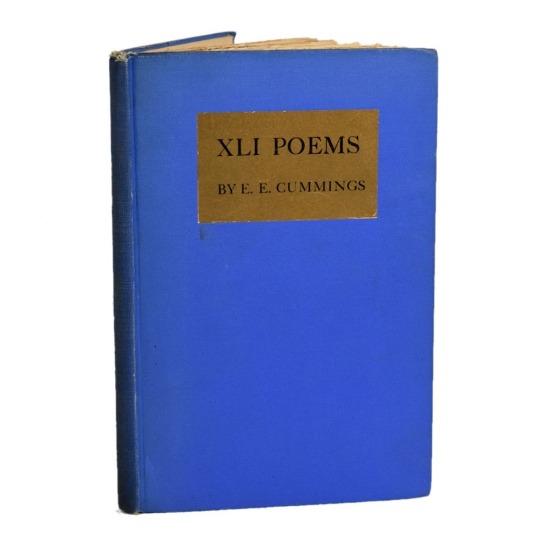
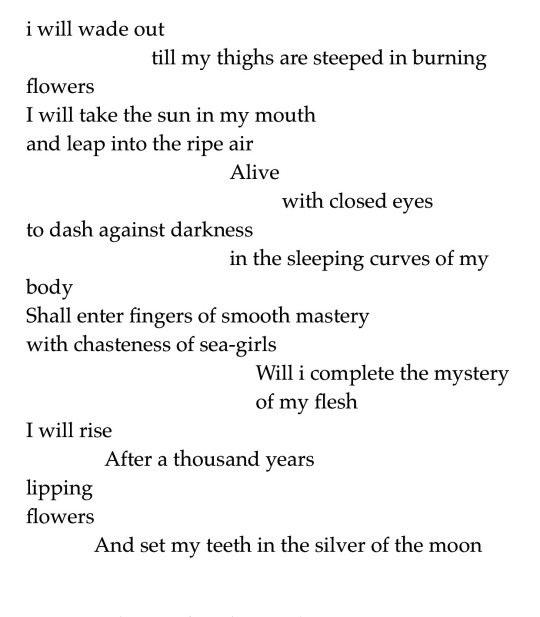
E. E. Cummings – Crepuscule (I Will Wade Out)
XLI Poems, 1925
#history#vintage#literature#writing#modernism#poetry#book#modern poetry#ee cummings#crepuscule#xli poems#1920s#1925#poetry book#american poetry#experimental poetry#twentieth century#twentieth century history#twentieth century poetry#american history#first edition#portrait
25 notes
·
View notes
Text
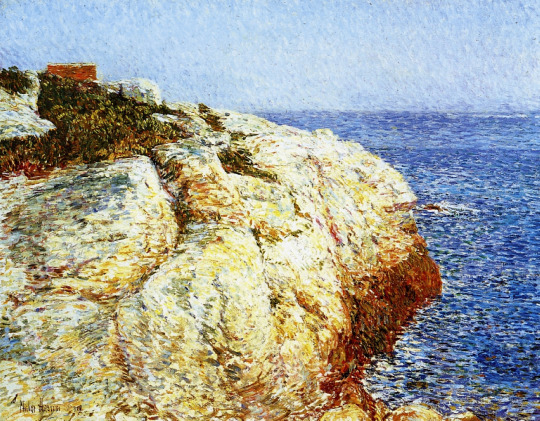
Childe Hassam, Northeast Headlands, Appledore, 1909
14 notes
·
View notes
Text
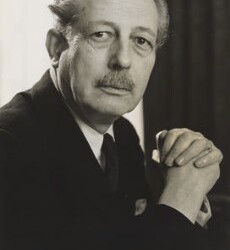
Former Conservative Prime Minister, Harold Macmillan (First Earl of Stockton), died on December 29th, 1986.
Prime Minister Margaret Thatcher, rising above their ideological differences, noted that 'his death left a void in politics which could not be filled', while former Prime Minister Edward Heath described him as possessing 'one of the most creative minds in British politics'.
Macmillan’s generally progressive views, economically and socially, found him at odds with the right wing of the Tory Party (Clement Attlee described him as the ‘most radical man I’ve known in politics’), but he found success as Housing Minster in the 1950s Churchill government and boosted Nye Bevan’s faltering housing programme. He ‘emerged’ as Tory leader and Prime Minister following the resignation of Anthony Eden over Suez, and led the party to a third consecutive election win in 1959, on the back of strong personal popularity and a magical combination of economic figures which encompassed almost full employment, substantial wage growth and low inflation.
He spoke in the parliament of Apartheid South Africa on decolonisation and racial equality, was pro-Europe, tried to encourage US President Eisenhower toward dialogue with the Soviets to de-escalate the Cold War, and spoke of the Commonwealth’s role in mitigating global poverty and improving living standards, and to harness Britain’s economic power in the cause of peace.
But by the early 1960s the previously strong economy was sliding into stagflation territory, and Macmillan’s personal popularity was in decline as the government suffered some by-election reversals. His judgement was called into question over his purge of one third of the Cabinet ('the night of the long knives') and his inept handling of the Profumo affair. He ceded leadership to Alec Douglas-Home in late 1963.
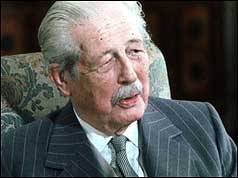
He finally accepted a hereditary peerage in 1984, and used his maiden speech (aged 90) in the House of Lords to make some pointed observations about the Miners’ Strike.
''...It breaks my heart to see - and I cannot interfere - what is happening in our country today. This terrible strike, by the best men in the world, who beat the Kaiser's and Hitler's armies and never gave in. It is pointless and we cannot afford that kind of thing...Then there is the growing division of comparative prosperity in the South and an ailing North and Midlands. We used to have battles and rows, but they were quarrels. Now there is a new kind of wicked hatred that has been brought in by different kinds of people...''
Harold Macmillan, at one point known as ‘Supermac’, was a calm and respected international statesman in perilous times, described as having 'the confidence and wit of a master political operator hidden beneath the image of an old buffer’.
(images: National Portrait Gallery and BBC On This Day)
#harold macmillan#cold war#british politics#british prime ministers#social history#history#british empire#social justice#economics#twentieth century britain#society#uk politics
28 notes
·
View notes
Photo

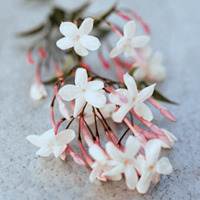
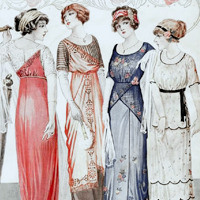


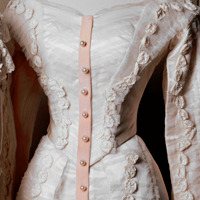
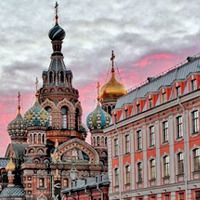
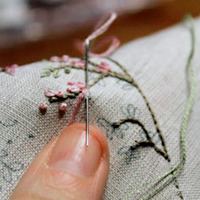

Grand Duchess Tatiana Nikolaevna Romanova
❈ “I am at the head of a committee for refugees and have presided two sittings. I felt very grand but wanted to dive under the table from fright...” • “Anya brought me a little French bulldog from Malama, incredibly sweet. So happy.” • “God will surely help us, and we will meet again in better times.” • Tatiana (various sources)
❈ “With her, as her mother, shyness and reserve were accounted as pride, but once you knew her and had gained her affection, this reserve disappeared... She was a poetical creature, always yearning for the ideal, and dreaming of great friendships which might be hers. She was...a lovely 'Rose’ maiden, fragile and pure as a flower.” • Lili Dehn
❈ “Tatiana Nicolaevna loved dress. Any frock, no matter how old, looked well on her. She knew how to put on her clothes, was admired and liked admiration. Her character...was a mixture of exactness, thoroughness and perseverance, with leanings towards poetic and abstract ideas. She was completely unselfish, always ready to give up her own plans to...do anything that was wanted.” • Baroness Sophie Buxhoeveden
❈ “Tatiana...had an extraordinary talent for all kinds of handwork. She...made beautiful blouses and other garments, embroideries and crochets. She displayed towards her younger sisters and her brother such a protecting spirit that they, in fun, nicknamed her ‘the Governess.’ Of all the Grand Duchesses Tatiana was with the people the most popular... She liked society and she longed...for friends.” • Anna Vyrubova
Happy (belated) birthday, Tiny-Librarian! ✨
#tatiana nikolaevna#otma#Imperial Russia#historicwomendaily#Romanov#tatiana nikolaevna romanova#historyedit#Romanov dynasty#Nicholas II#women in history#russian history#twentieth century#women's history#*nervous laugh* it's only SIX days late..........#five if we're being kind#but happy birthday anyway!!! ily#and you love your Tatya#so ♥#and now I only have Nastya's to do and I'll have done one of these for all of OTMA
209 notes
·
View notes